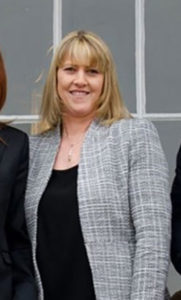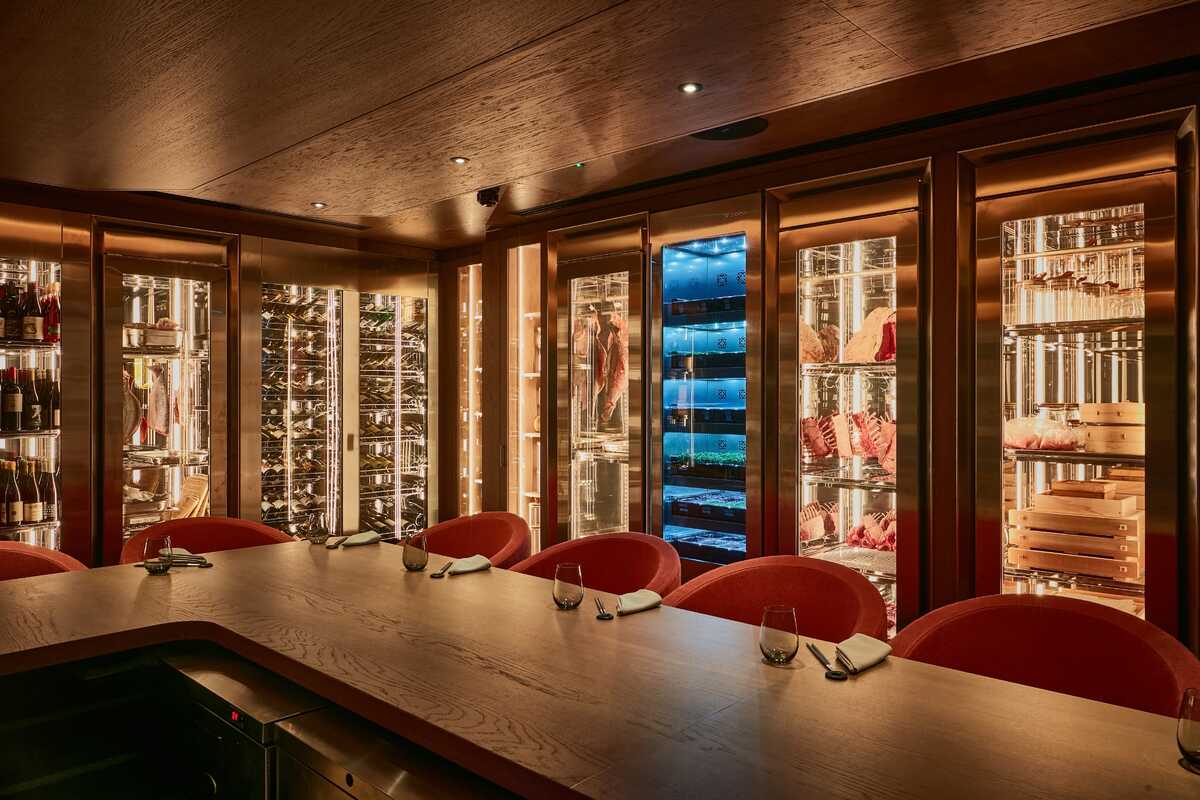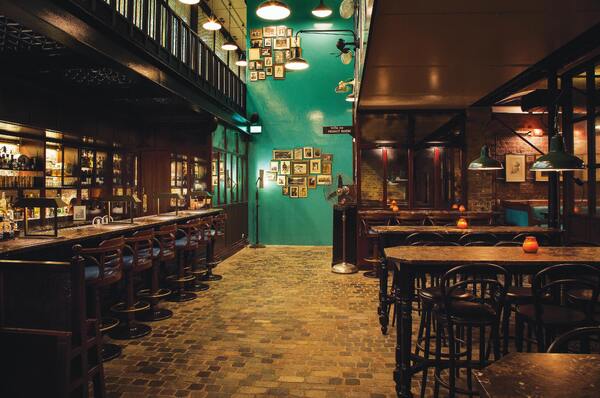News analysis: Is it a happy new year for casual dining?
Last year was a difficult one for the industry, with a variety of challenges striking at the heart of the casual dining sector. Emma Lake weighs up if 2019 holds any relief for hospitality operators
Early in 2018, the Jamie Oliver Restaurant Group announced that it was "exploring plans to restructure". The following months saw several major operators close outlets as the ‘casual dining crunch' cost an estimated 10,000 people their jobs.
The post-mortem continued through the year with market saturation, a lack of consumer confidence, business rate hikes, inflated rents, food prices, staffing costs and tired offers all being cited as contributing factors.
As we enter 2019, commentators have warned that there will be more casualties to come as the market continues to present a multitude of challenges. Will the new year prove any brighter than its predecessor?
Food prices and staffing costs will certainly be on the rise, but a ray of light may be rents.
Rising rents
As chains grew rapidly in the boom years of 2015 and 2016, rents increased, driven up by the competition for sites. But according to Simon Chaplin, head of restaurants at property agent Christie & Co, they are softening.
"In London we're seeing pressures, but there's still international demand for good sites. A good location is a good location and there will always be two or three operators that want it. In these good locations, landlords dictate rent, but rents were inflated in secondary locations and the profit wasn't there. We're going to see some new people coming into the market who can pick up these discounted rents and sites."
Market saturation
Many have cited the closures seen in 2018, which led to this softening in rents, as a period of correction in a market that had become saturated after seeing an 8% growth in operators over five years.
In the same period, demand had remained steady - and continues to do so - with the closures seen in the last 12 months seen by some as an inevitable consequence.

He explained: "I think looking forward, we'll see some more pain because about 60% or more of the CVA closure sites have been taken up by other chains. They may have closed but the sites themselves haven't, they've just changed ownership.
"The problem is the rate of churn - across the past five years we've had 2,000 more openings than closures. This constant churn means there's always something new and shiny for consumers to go to. The old adage is if you give consumers choice, don't be surprised if they take it."
While chain restaurants dominated the headlines in 2018, independents absorbed much of the blow delivered by the casual dining crunch - something professor Joshua Bamfield, director of the Centre for Retail Research, expects to continue. He warned that a further 10,950 jobs could be lost across the casual dining sector in 2019.
Bamfield explained: "Many of the large chains have already made cuts and in 2019, we expect the smaller and independent restaurants to bear the weight of the losses."
For Martin though, it's not all doom and gloom. He stressed that there was optimism in the market and room for exceptional operators to make their mark, with experience-led and high-value concepts continuing to prove popular, while technology offers opportunities for cost controls.
He said: "We're still seeing growth in small- and medium-sized chains. They're taking up the space and creating a more diverse market."
Food prices
Operators won't be immune to rising food costs, which also added pressure to restaurants' bottom lines during 2018. It's a cost pressure that looks likely to continue given the uncertainty that remains around the UK's exit of the EU.
In December, Shaun Allen, chief executive of Prestige Purchasing, said: "Many commentators predicted much lower inflation this year because of the much higher base created in 2017, when inflation was 6.1% following the Brexit-generated falls in the value of sterling.
"But prices have continued their inexorable climb and this pattern may well continue, perhaps sharply, as we progress through Brexit in the months ahead."
David Read, chairman of Prestige Purchasing, added: "In the event of a no-deal, the outcomes are not in our own hands as a nation. For example, if the French were to erect a customs post in Calais in April, this would likely cause severe disruption to freight traffic going in both directions."

She said: "Less than three weeks before Christmas, there were operators who still hadn't secured their orders for turkey. That reflects the wider uncertainty in the industry over the Brexit situation and the downturn in consumer confidence.
"That uncertainty looks set to continue well into 2019 and for those operators reluctant to commit to placing orders until the last minute, the reality is that they will pay higher prices."
She added: "With consumers likely to continue to be in cautious mode, buying discipline is going to be increasingly important to control costs and manage margins. Operators should look carefully at their suppliers and be ready to switch to better deals when they're available."
Staff costs
It won't be possible to switch suppliers when it comes to staffing costs, however. The National Living Wage for those aged 25 and over was raised to £7.83 in April 2018 and in April 2019 will increase again to £8.21.
The increase was cited by many businesses as contributing to financial woes, but it is not the only factor that is causing concern. With Brexit just months away, there are serious fears that immigration policies will exclude many hospitality workers, which could lead to a skills shortage resulting in increasing wage bills for those wanting to attract and retain talent.
The immigration White Paper, which will be adapted and taken on as policy if approved by Parliament, prioritises "high-skilled" workers by giving them free access to live and find employment in the UK without a cap on numbers. Meanwhile, "low-skilled" migrants will be denied the right to stay in Britain long-term, and will instead have to apply for time-limited visas.
"Skilled" workers will be identified as those with A-Level equivalent qualifications or higher and a salary over a certain threshold - however, an exact figure is yet to be set and will be based on a government consultation of businesses.
"Unskilled" workers will only be able to apply for entry through a "transitional⦠time-limited route for temporary short-term workers". The visa will allow entry for 12 months, with a 12-month cooling-off period.
Lower business rates offer a glimmer of hope - but not for all
Many operators saw dramatic increases to their business rates valuations in April 2017, with bills increasing year-on-year as relief is reduced.
There was hope that Chancellor Philip Hammond would step in as analysts warned that a 2.5% boost to inflation could add £50m to the hospitality sector's bill come April 2019.
At the budget in October, he did announce a one-third cut to business rates for those operating from sites with a rateable value of £51,000 or less, however it has been suggested that this may not be as much of a reward as billed.
The discount will be subject to European Union rules, which restrict state aid to â¬200,000 (£180,215) per business over a three-year period - meaning that pubs and restaurants that are part of large chains are set to miss out.
Commenting on the announcement, UKHospitality chief executive Kate Nicholls said: "Around four in 10 of the UK's pubs and restaurants are ineligible because their rateable value - determined through a faulty system - exceeds the maximum, or they fall foul of EU rules. This measure, intended to support high streets hammered by business rates, will bring little, if any, relief to a huge chunk of businesses."
The next revaluation of business rates is scheduled for 2021, but calls for the Treasury to take action can be expected to continue as high-street operators struggle.
Casual dining crunch saw 30 people a day lose their jobs >>
Profits at UK's highest turnover restaurant groups fall by 80% >>
The casual dining property gold rush >>

















